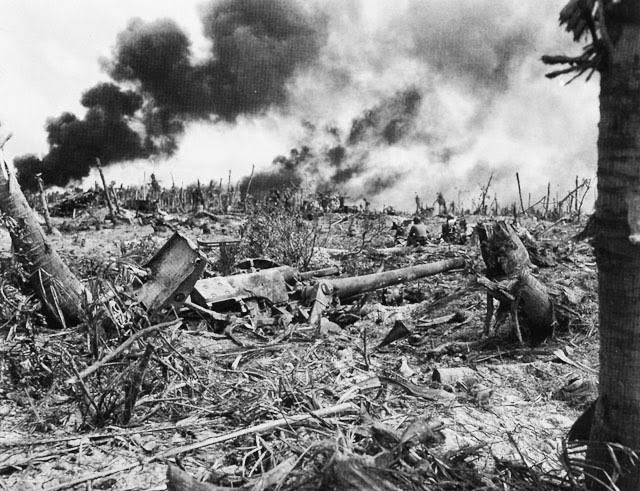The assassination of
Archduke Francis Ferdinand ignited World War I. However, it wasn’t the main
reason of World War I. There were other causes such as imperialism, militarism,
nationalism, and a tangled system of alliances. Two kinds of nationalism
contributed to World War I. The first was the tendency for country such as the
great power to act in their own national interest. The second kind of
nationalism occurred in countries with diverse ethnic populations those in
central and eastern Europe.
Militarism involved aggressively building up a nation’s
armed forces in preparation for war and giving the military more authority over
the government and foreign policy. The great powers of Europe spent large sums of
money on new weapons and warship for expending their armed forces. Their
planning for war made war much more likely.
A system of alliances developed among the nations of Europe
during the late nineteenth century. Germany and Austria-Hungary were linked by
treaty, as were Russia and France. Great Britain and France shared a looser alliance
called Entente. One week after the war started, all the great power of Europe
had been drawn into it. The conflict divided them into two sides. Germany and
Austria made up the Central Powers. Russia, France, Serbia, and Great Britain
were called the Allies.
The American
government protested the actions of both
sides and tried to act as peacemaker.
American business leaders welcomed the proclamation of neutrality, but
those who had strong commercial ties with Great Britain urged that United
States get ready for war. They wanted their country to help Great Britain if
necessary. So United States had no other
choice than to be prepared to go to war.

No comments:
Post a Comment